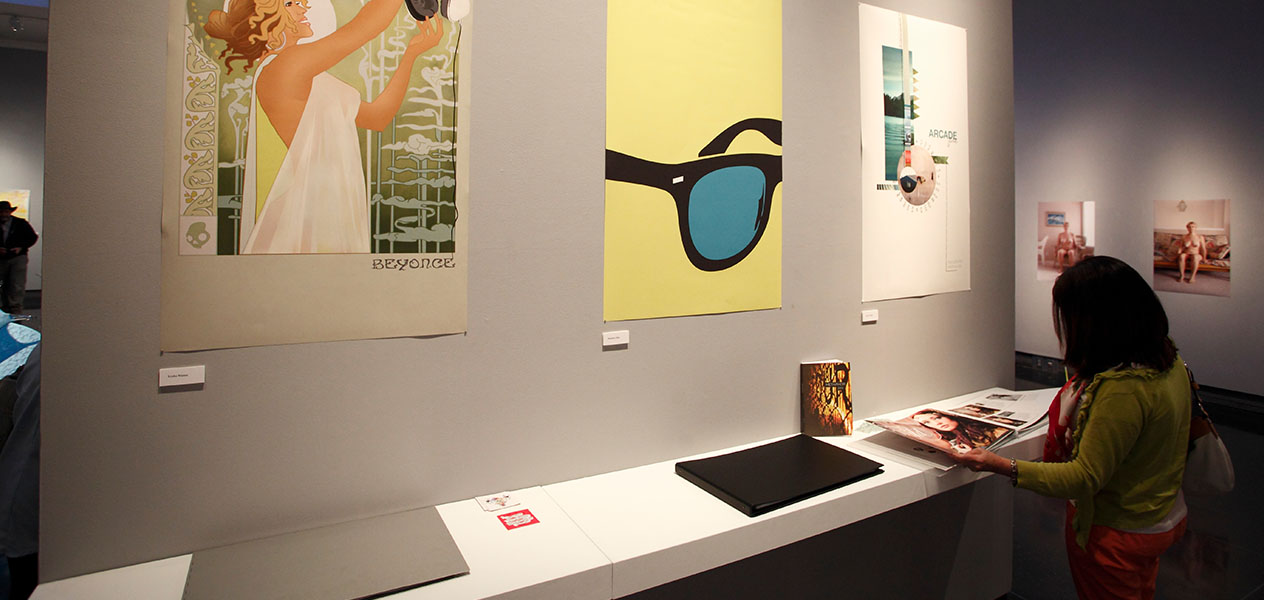Studying Art at Weber State
Weber State’s art programs train you in a variety of artistic disciplines to help you become responsible, dynamic and innovative in your career and in life.
Art Highlights
As a Weber State art major, you have the option to focus your studies on a particular art discipline with a Bachelor of Fine Arts degree, or choose among a wide range of disciplines while completing your studio coursework with a bachelor’s degree in general art.
Weber State’s art programs offers a great deal of faculty engagement and mentorship, along with extensive studio practice and courses in art history and theory.
Weber State features the work of BFA majors annually in the BFA Thesis Exhibit.
Beyond the Classroom
Weber State’s Art Guild allows you to meet others who share your passion for art.
The Department of Visual Art and Design offers study abroad trips to Italy during the Venice Biennale, one of the most important international exhibitions of contemporary art.
You may also participate in travel-study opportunities closer to home. In past years, art students visited galleries in Los Angeles, practiced sketching and drawing in Capitol Reef National Park, and learned about photography in Big Sur and the Sierra Nevada Mountains.

Abby Van Ess
Class of 2018
“I love the ability to capture the world in a unique, meaningful way. Our world is driven by the image, and if I have the opportunity to create work that makes you stop and think, then I’ve done my job.”
